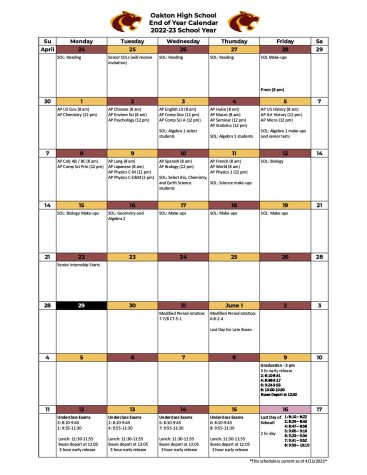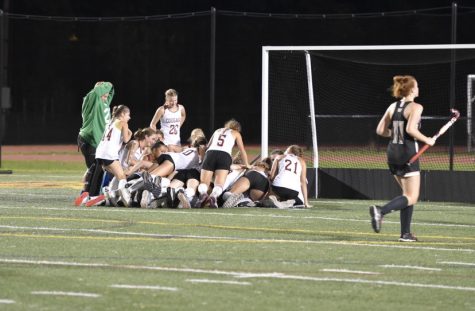How to pick the right college for you
Struggling to choose the best place?
Graduation caps flung into the air- symbolic of the culmination of years of schooling- marking the end of an influential year for high school seniors. It’s nearly that time of the year. But before teenagers can move on from high school, their primary concern is what the following year will hold. For many, that means moving away from home to a university of their choice. But how do college-bound students make that formidable decision with confidence?
When researching schools, it’s important to decide what aspects of a university are essential and which are less desirable. For instance, while one person may prefer a smaller, tight-knit community, another may want a bigger university that offers more opportunities. It boils down to personal priorities and affordability. Consider these questions: Is this college a good choice for my degree field? Is it affordable for my family? Will I perpetually be in debt if I go to this college for my selected degree? These are recurring considerations of the college search and admissions process, as are scholarships, prestige, and the location of the university. Like Mr. Lewis, a Spanish teacher at Oakton, some students may want to move and experience somewhere new, like another state. Although, suddenly going from an isolated area in the Midwest to the heart of California could be a disorienting experience. Remember also to consider the size of the university, as some may want more personal interactions with professors. And even after the final application is sent in, there’s still more left to decide.

The nerve-wracking day arrives with acceptance and rejection letters alike. Out of the acceptances, it may be hard to determine which university will ultimately help you achieve your dream. Take into consideration the financial plans each university offers. While a prestigious one could offer a standard plan, it may be wise for a student to go with another university that is offering a more generous plan. If financial aid is a main concern, then focus on which university has a better financial aid package combined with grants, scholarships, and lower tuition. Additionally, there are work-study programs available for undergraduate and graduate students so they can earn money to help pay for education expenses. It’s available for part-time and full-time students and is a reasonable option to consider. These can set up a worry-free future with little to no debt.
Even if you’re unhappy with your initial choice of university, you have the opportunity to transfer elsewhere or change your degree program. Mr. Farrell, a math teacher at Oakton, didn’t have a plan going into college but went because it was expected of him. Contrary to what he expected as a high school senior, he ended up declaring himself a math major and went on to teach it. For some, college isn’t feasible straight out of high school. So instead of rushing into what’s the assumed next step, take the time to ponder what you specifically want to get out of college. To make the right choice, remember to reflect on what criteria are the most necessary and helpful in assisting you on your path to the best possible future. As long as you’re ultimately able to look back on your choice know and that “it prepared me really well for everything I’ve done in my life”, as Mr. Waxman did, you picked the right college for you.









